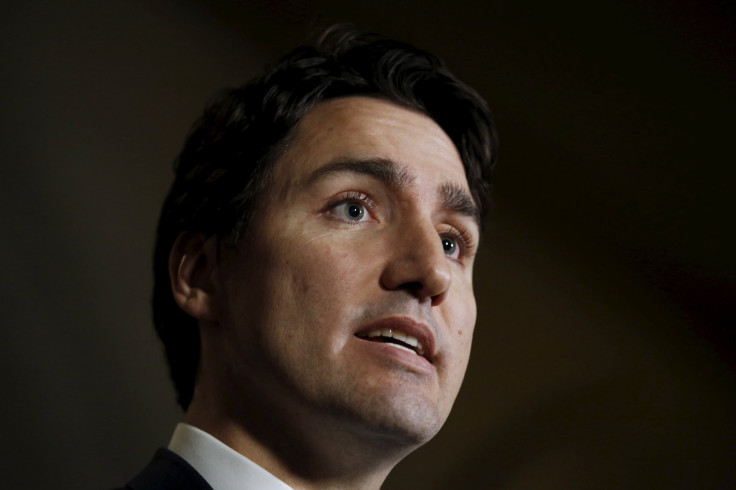Marijuana Legalization In Canada: Trudeau's Plan For Reform Will Hit Roadblocks From International Treaties

Canada’s Liberal government will have to overcome several international hurdles before legalizing marijuana as per Prime Minister Justin Trudeau's promise during his campaign last fall, documents have shown. Canada is beholden to three international treaties that criminalize the possession and production of marijuana, which would require the federal government to find a way to prove compliance, the Canadian Press revealed.
The path to pot legalization has already proved a rocky one within the country’s borders, as provinces remain at loggerheads on how to regulate, tax and restrict access to marijuana. “Canada will need to explore how to inform the international community and will have to take the steps needed to adjust its obligations under these conventions,” says the briefing note, obtained under the Freedom of Information Act.
Canada is a participant in the Single Convention on Narcotic Drugs of 1961, the Convention on Psychotropic Substances of 1971 and the United Nations Convention Against Illicit Traffic in Narcotic Drugs and Psychotropic Substances of 1988. Experts said the country may be able to comply with the treaties while legalizing marijuana, but it must show how legalization will help reduce illicit drug use.
“It will be an ongoing dialogue which has to be dealt with at the highest levels and it’s not going to be an easy one and it’s not going to be a quick one either. It’s going to take many years,” Errol Mendes, a constitutional and international law expert at the University of Ottawa, told the Canadian Press. “There’s no international treaty where you cannot make reservations.”
Trudeau has said he will strike a task force composed of members of all three levels of government to design a sales and distribution plan, while consulting with public health experts. Some provinces, however, have been reluctant to make legalization promises to their constituents. Alberta’s government, for example, has stood on the sidelines of the debate thus far and said it plans to wait for the federal government’s plan before taking a position, the Calgary Herald reported.
© Copyright IBTimes 2024. All rights reserved.











